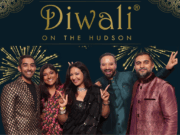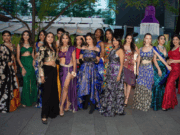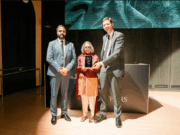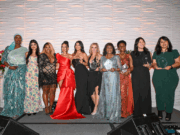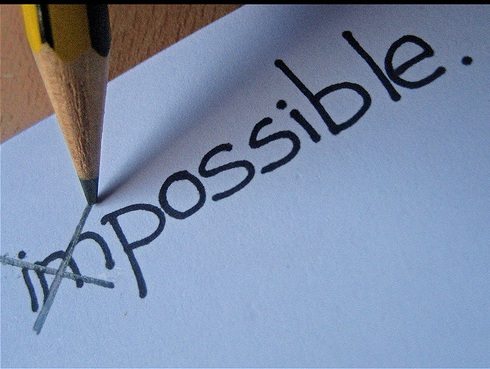“Never say never” can be easier said than done. We explore a more effective way: a mindful approach to living with an open mind.
You may have heard the Audrey Hepburn phrase “nothing is impossible, even the word impossible includes I’m possible” but if that’s true, why doesn’t we always feel that way? Why don’t we always feel like we can accomplish anything we want?
The mindful response to this question expressed by leading experts in the New Age movement including Dr. Deepak Chopra is that we are all born with the same, inherent, limitless potential but due to social conditioning, we forget. Consciously and subconsciously, we place limits on ourselves that shape our reality.
A South Asian cultural example of this is the expectation that women should focus on family first, career second and men vice versa. Though many consider this an outdated mindset, the historical conditioning may still lead to a sense of guilt or shame within women who put their careers first and or men who want to stay home with their kids; those feelings and thoughts may limit us and impact our choices.

What proof do we have that our mindset can shape our reality? Countless studies have been conducted that demonstrate the power of our consciousness. A popular strategy in medical research is using a placebo on patients to see if the mere thought that they were given a remedy can lead to a decrease in their condition; as learned from a study conducted by the Baylor School of Medicine, it can.
Despite all the research, how come we still think some things are impossible for us? How do we break the limits imposed on ourselves?
Try These Practices As A Good Start:
Acknowledge the limits you’re placing on yourself.
You can’t get to where you want to be if you don’t know where you are. Sit in silence and write down your dreams so you can turn them into goals. Pay attention to where you’re limiting yourself by identifying the barriers you have in accomplishing them including your mindset. As South Asian daughter/wife/mother for example, it’s difficult separating that identity from your that of your own. Try to brush away the cultural expectations placed upon you and hone in on where you are in terms of your own goals. Simply put: Focus on you.

Practice self-love in your speech.
The most important conversations you have are with yourself. Remove “can’t” from your vocabulary. If you don’t think you have endless potential why would anyone else? A good starting point is a self-love jar; write down three things you love about yourself or did well and put them in the jar every day. During moments you’re lacking confidence, pull out a note to remind yourself that you are capable.

Find someone you admire and study them.
A sports fan? Read about Michael Jordan who openly shares how his mindset on failure was the key to his success; he believed he could become the best and moved approached obstacles with that belief. You don’t have to be a Bollywood lover to appreciate Shah Rukh Khan’s incredibly popular and candid Ted Talk on “Humanity Fame and Love”. You may never meet the mentor you’ve chosen but you don’t need to know someone to learn from them.
Main Image Photo Credit: www.wordpress.com
Rachna Sethi
Author
Rachna (@thesassyspiritual) is a graduate of the Applied Mindfulness Meditation program from the University of Toronto, a certified Educator with two bachelor degrees and a diploma in Art Therapy. She's dedicated to living with a compassionate approach. Committed to helping people integrate Mindfuln...





